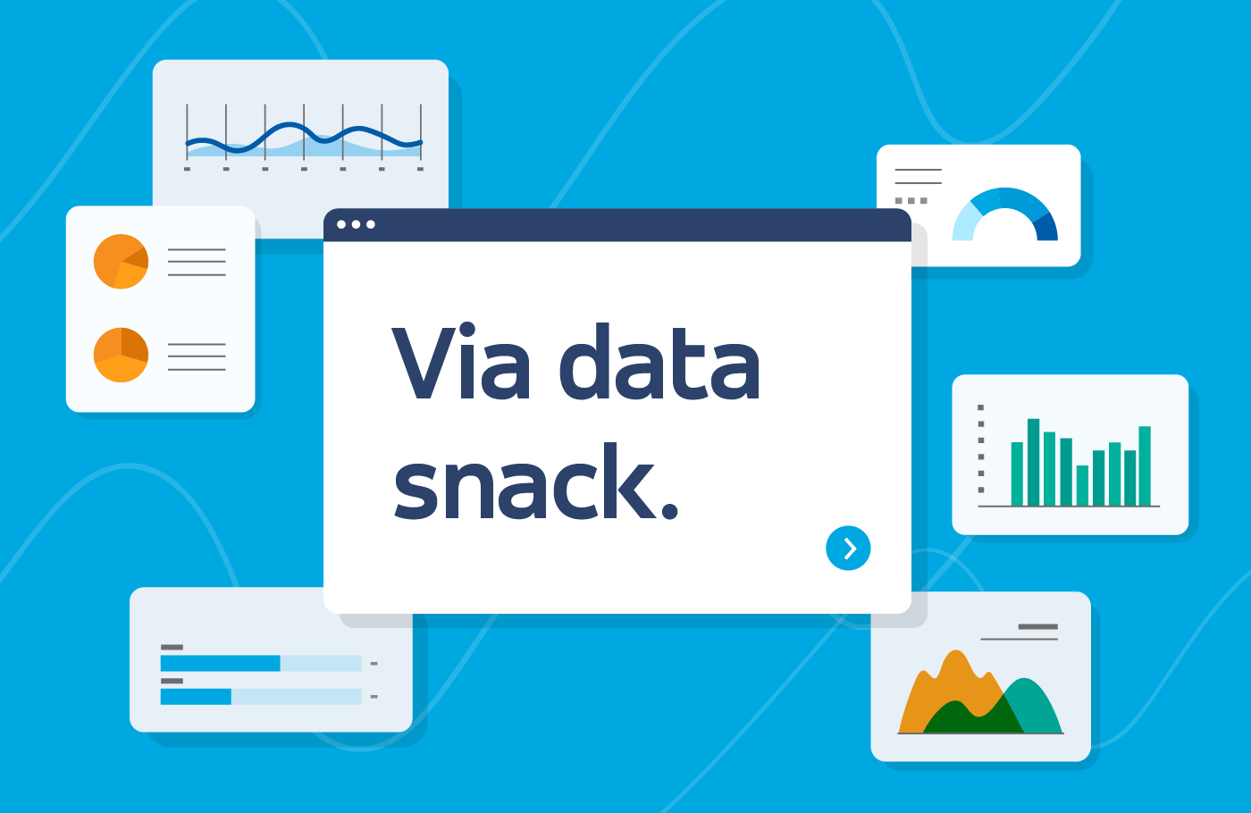On average, Americans spend 17% of their income on transportation — quite a lot, given that 35% of income is already set aside for housing costs. But for many Americans, transportation spending is even higher: the latest data reveals that for families with a median household income under $35,000, transport-related expenses account for more than 50% of household income across 160+ counties.
Credit: Manyu Jiang
In fact, personal spending on transportation increased the most (10.1%) from 2018 to 2019 compared to other expenditures, reaching a new high of $10,742 per year. This surge was largely driven by vehicle insurance spending — which is itself driven by a dearth of public transportation options. To alleviate the financial burden of private car ownership, city leaders around the world have started to upgrade their transportation network by integrating smart, technology-enabled services into the existing system, to provide more affordable, efficient and equitable ways of traveling.
TransitTech is already making a meaningful impact: 50% of riders using Via Jersey City, an on-demand service targeting transit deserts, have an income of less than $50,000 per year. Reduced spending on transit has even encouraged some riders to re-think their plans for a private car: as one Jersey City rider observed, “My boyfriend and I were spending upwards of $275 a week on ride-hailing services… Via has changed it all, and spending only $10 a week on commuting has been life-changing. I had been looking to buy a car for a while, but now I see no need.”

Data Journalist

.png?width=71&height=47&name=Sioux%20Falls%20Webinar%20(6).png)


